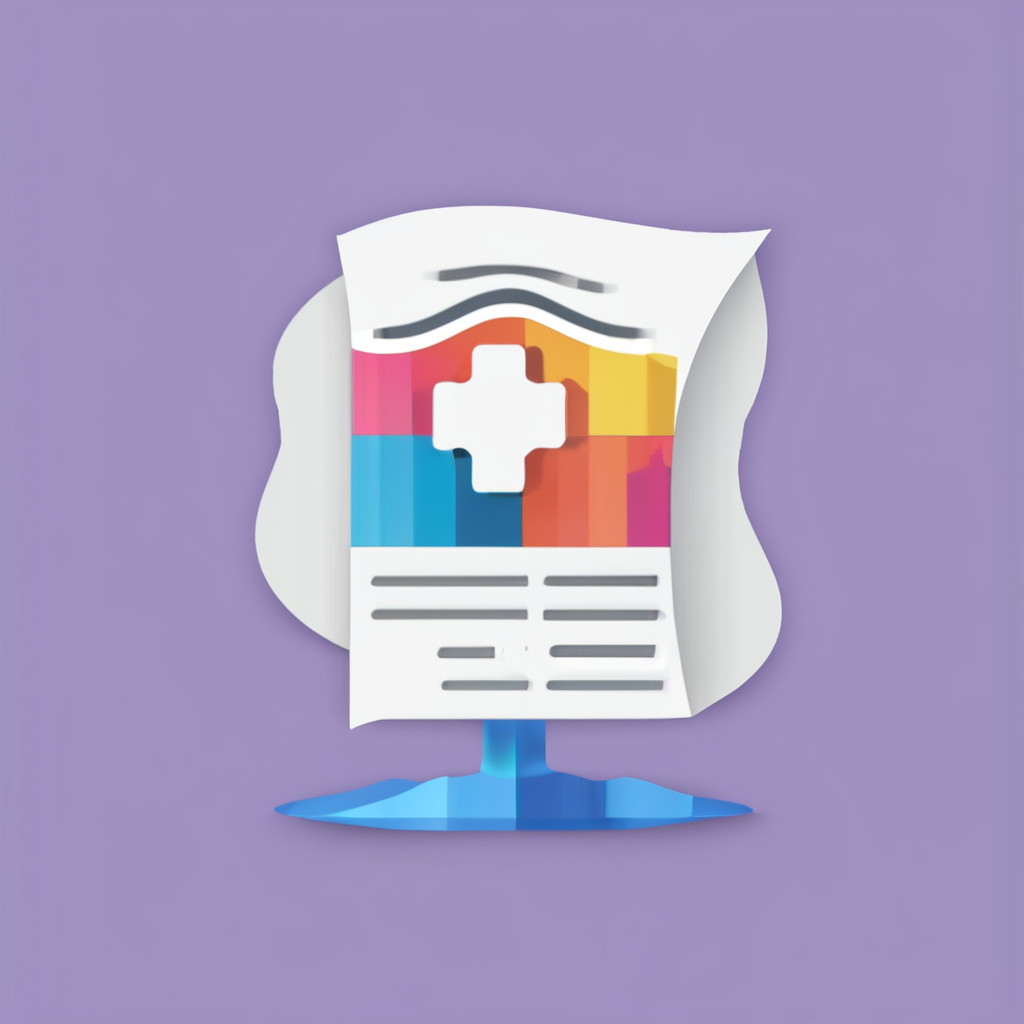Overview of Cheese Safety During Pregnancy
Cheese safety during pregnancy is paramount for expectant mothers. It involves understanding which cheeses are safe to consume and which pose risks. Health authorities in the UK offer guidelines to help pregnant women make informed choices. The general recommendation is to avoid cheeses that could harbour harmful bacteria, especially those made from unpasteurized milk.
Common Misconceptions
Many pregnant women believe all cheese is off-limits, which is not the case. Misunderstandings often stem from not differentiating between types of cheese. The emphasis is on being cautious with particular kinds like soft and unpasteurized cheeses, rather than avoiding cheese altogether.
Additional reading : Discover Tranquility: How Art Therapy Revolutionizes Stress Relief for Pregnant Women Across the UK
Understanding cheese safety during pregnancy also means debunking myths. For instance, some might think pasteurized cheese is always safe in large quantities. However, it’s crucial to balance and moderate consumption. Pregnant women should focus on cheese that aligns with health advice, embracing nutritious and safe options. Through accurate information and guidance from health authorities, expectant mothers can safely enjoy cheese without compromising their well-being or that of their baby.
This understanding not only enriches dietary selections but ensures peace of mind when it comes to dietary safety during pregnancy.
This might interest you : Ultimate Handbook for Expecting UK Academics: Expert Strategies for Maternity Leave Preparation
Cheeses to Avoid During Pregnancy
Understanding which cheeses to avoid during pregnancy is vital for expectant mothers. While certain cheeses can pose risks, being informed helps mitigate potential health hazards.
Soft Cheeses and Their Risks
Soft cheeses, including Brie, Camembert, and blue cheese, are known for potentially harboring harmful bacteria. These soft varieties can provide a breeding ground for bacteria due to their high moisture content. Expectant mothers should be vigilant as these cheeses might contain listeria, a bacterium that can lead to serious complications in pregnancy.
Unpasteurized Cheese Concerns
Unpasteurized cheeses are particularly concerning as they increase the risk of listeria infections. Listeria can cross the placenta, potentially leading to miscarriage or severe infection in newborns. It’s crucial for pregnant women to check labels and ensure the cheese they consume is pasteurized.
High-Risk Ingredients in Cheese
Processed cheese varieties may also pose risks due to additives and preservatives. Ingredients like artificial flavours, certain emulsifiers, and extra sodium could contribute to increased health risks if consumed excessively. Prioritising natural cheese choices and scrutinising ingredient lists can significantly reduce these risks.
Recommended Cheeses for Pregnant Women
Choosing the right cheeses during pregnancy is crucial for the health of both mother and baby. While certain types pose risks, there are safe and nutritious options that pregnant women can enjoy.
Hard Cheeses
Hard cheeses such as cheddar and parmesan are generally safe to consume. These cheeses have a lower moisture content and a longer aging process, which reduces the likelihood of bacterial contamination. They are popular choices in the UK due to their safety profile and availability.
Pasteurized Options
Ensuring that all cheese consumed is pasteurized is vital. Pasteurization kills harmful bacteria, enhancing the safety of soft cheeses like cream cheese and cottage cheese. Always check labels to confirm that cheese is made from pasteurized milk, particularly for cheeses not typically associated with pregnancy, like feta or halloumi.
Nutritional Benefits of Recommended Cheeses
Safe cheese choices during pregnancy are not only about avoiding risks; they also offer nutritional value. For example, cheddar provides essential nutrients like calcium and protein, supporting fetal development. Including these recommended cheeses in your diet can thus be both safe and beneficial.
Health Risks Associated with Unsafe Cheese
Consuming unsafe cheese during pregnancy can have serious health implications. Pregnant women need to be aware of the health risks cheese poses, particularly when it comes to varieties that are soft or unpasteurized. These cheeses may harbour harmful bacteria such as Listeria, which can lead to listeriosis.
Potential Consequences
Listeriosis is a rare but severe infection, posing a significant risk during pregnancy. It can cause miscarriage, stillbirth, or severe illness in newborns. Pregnant individuals with weakened immune systems are particularly vulnerable, making cheese safety a priority.
Effects on Pregnancy
The danger of listeriosis lies in its ability to cross the placenta, leading to complications. Symptoms might include fever, muscle aches, and gastrointestinal issues. Early detection and treatment are crucial to mitigating these effects, highlighting the importance of dietary vigilance.
Preventing Foodborne Illnesses
Awareness and preventive measures can greatly reduce these risks. Pregnant women are advised to avoid high-risk cheeses and maintain proper food hygiene. Regular consultations with healthcare providers can offer guidance tailored to individual health needs, ensuring both mother and baby’s safety.
General Tips for Healthy Cheese Consumption
For expectant mothers, making healthy cheese choices during pregnancy is crucial for both safety and nutrition. Understanding the importance of reading labels ensures you’re consuming pasteurized cheeses, minimising health risks. Labels provide vital information about the pasteurization process, helping you avoid potentially harmful unpasteurized options.
Portion control also plays a significant role. While cheese can be a nutritious addition to your diet, it’s essential to consume it in moderation. Monitor serving sizes to maintain a balanced diet rich in a variety of nutrients. Cheese, although beneficial, should supplement other dietary components rather than dominate them.
Prompt and effective communication with healthcare providers is equally important. Regular conversations can guide dietary choices tailored to individual health requirements during pregnancy. This dialogue encourages you to make informed decisions, navigating any dietary restrictions or guidelines confidently.
In summary, maintaining awareness through label reading, managing portions, and consulting with healthcare professionals ensures your cheese consumption remains a safe and healthy part of your pregnancy diet.

